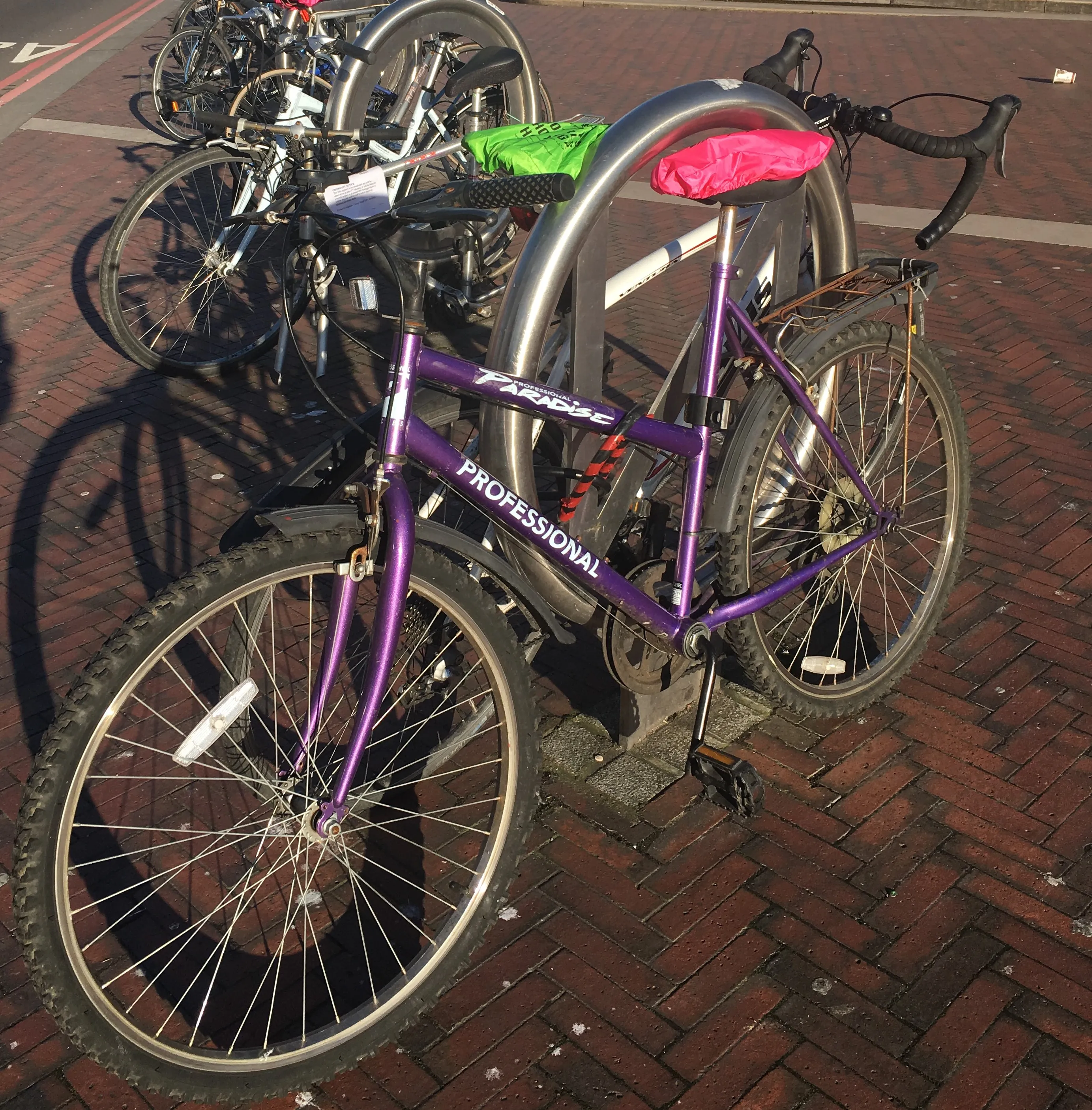Almost US$500 million will be spent in the three years to 2017 on the electrification of public and private transport in Quebec, Canada.
Of the overall programme fund, $11.5 million will be dedicated to develop a provincial car-sharing programme. Meanwhile, Quebec's rebate programme for the purchase of electric vehicles by private owners will be extended with an additional $62.34 million. Under the programme, the number of electric cars in Quebec is expected to rise to 12,500 by 2017, from the present f
November 8, 2013
Read time: 2 mins
Almost US$500 million will be spent in the three years to 2017 on the electrification of public and private transport in Quebec, Canada.
Of the overall programme fund, $11.5 million will be dedicated to develop a provincial car-sharing programme. Meanwhile, Quebec's rebate programme for the purchase of electric vehicles by private owners will be extended with an additional $62.34 million. Under the programme, the number of electric cars in Quebec is expected to rise to 12,500 by 2017, from the present figure of around 2,000 electric and hybrid cars. With the targeted increase in electric cars, there will also be an increase in public car-charging stations, as well as at-home charging equipment. To facilitate this, Quebec will add the number of public charging stations from the present 300 by another 5,000 and subsidise the installation of at-home charging equipment for 5,000 homes, all at a cost of $14.38 million.
Quebec's $494.88 million electrification programme, which was introduced by Premier Pauline Marois on 1 November 2013, is expected to draw in $1.054 billion in private investment and see the creation of 2,000 jobs.
Of the overall programme fund, $11.5 million will be dedicated to develop a provincial car-sharing programme. Meanwhile, Quebec's rebate programme for the purchase of electric vehicles by private owners will be extended with an additional $62.34 million. Under the programme, the number of electric cars in Quebec is expected to rise to 12,500 by 2017, from the present figure of around 2,000 electric and hybrid cars. With the targeted increase in electric cars, there will also be an increase in public car-charging stations, as well as at-home charging equipment. To facilitate this, Quebec will add the number of public charging stations from the present 300 by another 5,000 and subsidise the installation of at-home charging equipment for 5,000 homes, all at a cost of $14.38 million.
Quebec's $494.88 million electrification programme, which was introduced by Premier Pauline Marois on 1 November 2013, is expected to draw in $1.054 billion in private investment and see the creation of 2,000 jobs.









